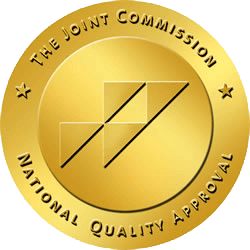A potent mix of hormonal changes, growing independence, and still-developing brain structures make the teenage years particularly difficult. These difficulties lead to teen alcohol and…
Teen depression and anxiety are often viewed as the same thing- and they do overlap in some areas. Furthermore, they are emotional responses to circumstances…
Depression is not always easy to spot in teenagers. One of the reasons is that the signs of depression can often mimic normal teenage behavior.…
Clinical depression has become increasingly common among adolescents. In fact, there has been a 37% increase in clinical depression among Americans ages 12 to 17 between 2005…
Mental illness and substance abuse problems impact more than 20% of Americans annually. Psychological health problems, such as the signs of OCD, can become challenging…
As you seek rehab treatment for your teen, you possibly wonder, “What is a substance induced mood disorder?” This type of mood disorder is one…
Have you noticed that your teen has been feeling hopeless or exceedingly negative when talking? Depression in this age group is more common than many…
By George Livengood – Program Director, Canon House Do you remember moping around the house as a kid and mom saying, “Go outside and play!”?…
By Alyse Rose, MSW, Assistant Program Director, Woodland Hills Millions of Americans are affected by mental illnesses, and although we have made strides in increasing…
By Parviz Nafari, MFT, Woodland Hills PHP/IOP As children grow and go through a wide range of physical, mental, and emotional changes, it can become…











